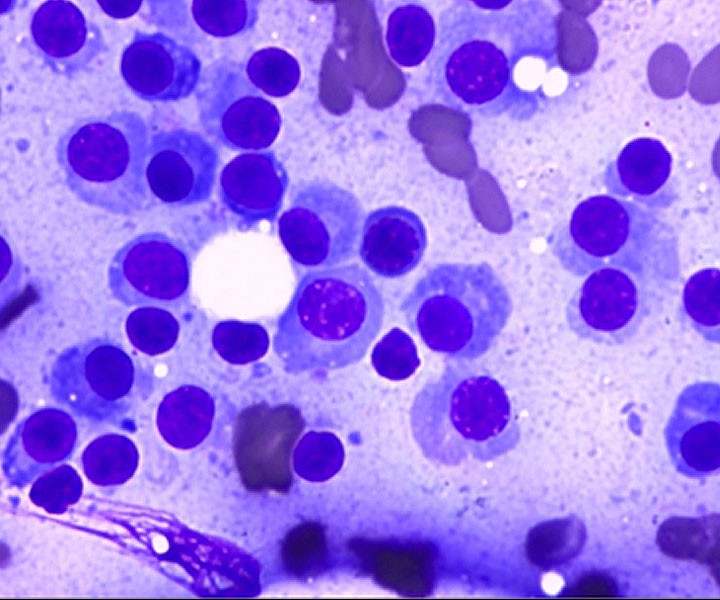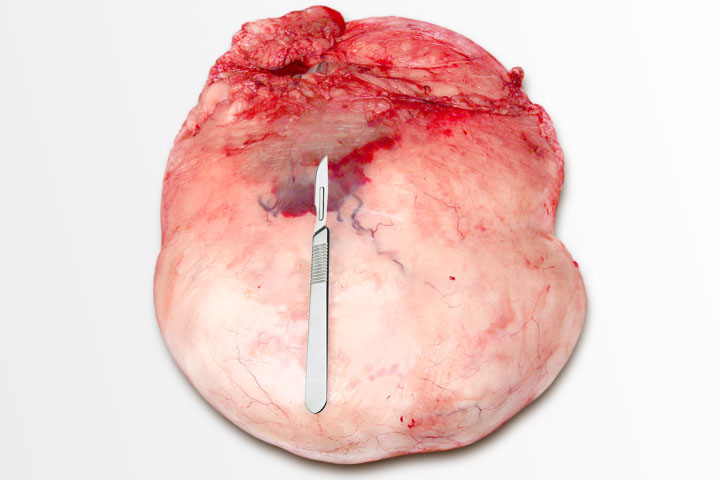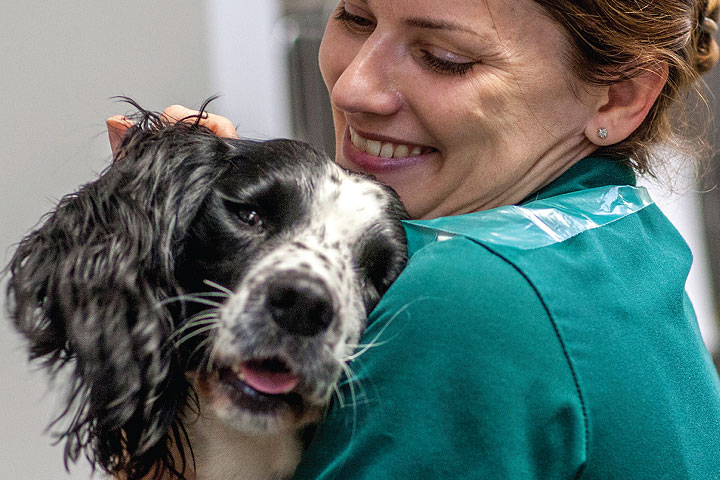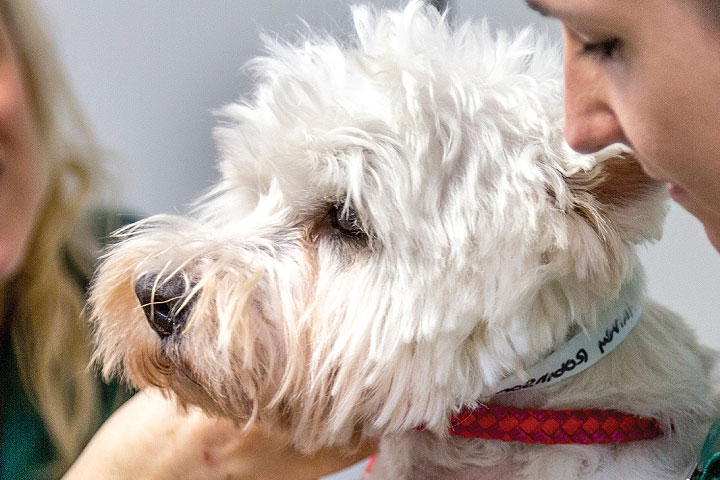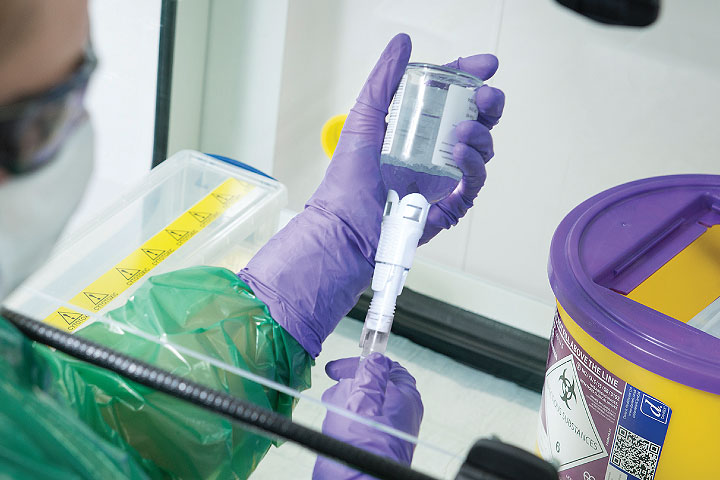Management of plasma cell neoplasms and tablet chemotherapy in practice
Metronomic Chemotherapy an Up-and-Coming Treatment
Metronomic chemotherapy has been used more and more in veterinary oncology in recent years. It is something which we often prescribe at NDSR, with patients coming back to your practice for monitoring tests. Metronomic chemotherapy is a low dose of chemotherapy given daily as opposed to a larger dose given weekly or every few weeks…
Read MoreWhen is a Lipoma Not a Lipoma?
Have you ever been mortified to find that the simple lumpectomy you promised has turned into something more? And, as a rule, the greater your pre-operative confidence, the greater the mortification when it becomes apparent that your confidence may have been misplaced. Very occasionally, other masses masquerade as lipomas, and we get caught out. We…
Read MoreCanine Mammary Cancer
Canine malignant mammary tumours appear to be increasingly prevalent. This may reflect changes in neutering recommendations and/or the influx of dogs rescued from abroad, which are less likely to be neutered early in life. In this Focus on… piece, we hope to dispel some common misconceptions about mammary cancer and to give an overview of…
Read MoreThe Innocuous-Looking Skin Mass
You are extremely likely to see at least one dog a day with a cutaneous mass, many of which will be clinically irrelevant and likely to stay that way, but there is a significant proportion which are more concerning. Differential diagnoses There is an enormous list of differential diagnoses for dogs with a cutaneous mass…
Read MoreThe Use of Chemotherapy in Practice
Chemotherapy is widely used in veterinary practice. 70.8% of respondents reported using cytotoxic chemotherapy for the treatment of cancer in one study. Yet, how many practices apply appropriate measures for handling cytotoxic drugs or the patients who receive them? It is incumbent on all of us practicing chemotherapy to observe appropriate precautions to ensure minimal…
Read MoreAdditional Pathology Testing
We often receive histopathology reports inviting us to request additional stains or tests. Often, the value of these tests is not clear. The additional tests are often expensive. There can be multiple options for the tests being suggested. And, wasn’t the point of performing the pathology test in the first place to make your decision-making…
Read MorePrimary Bone Tumours in Dogs
Primary bone tumours in dogs are seen with alarming frequency, particularly in large and giant breeds. Tragically, many of those patients do not receive anti-cancer therapy. This is a field with plenty of scope for improvement. Here we consider the elements of care for these patients in which greatest improvements can be made. Diagram showing…
Read MoreNutrition and Supplements for Pets with Cancer
The use of dietary supplements and other forms of self-selected complementary and alternative medicine (CAM) is increasingly common in human cancer patients. The same appears to be true in veterinary health. Use of these therapies gives owners a sense of control and enables them to feel that they are making a positive difference to their…
Read MoreLower Urinary Tract Neoplasia in Dogs
These tumours make up a reasonable proportion of the cases we see at NDSR and of course this is just the tip of the iceberg in terms of the cases in the wider population. There have recently been a number of developments in the diagnosis and management of these cancers. There will be an emphasis…
Read More